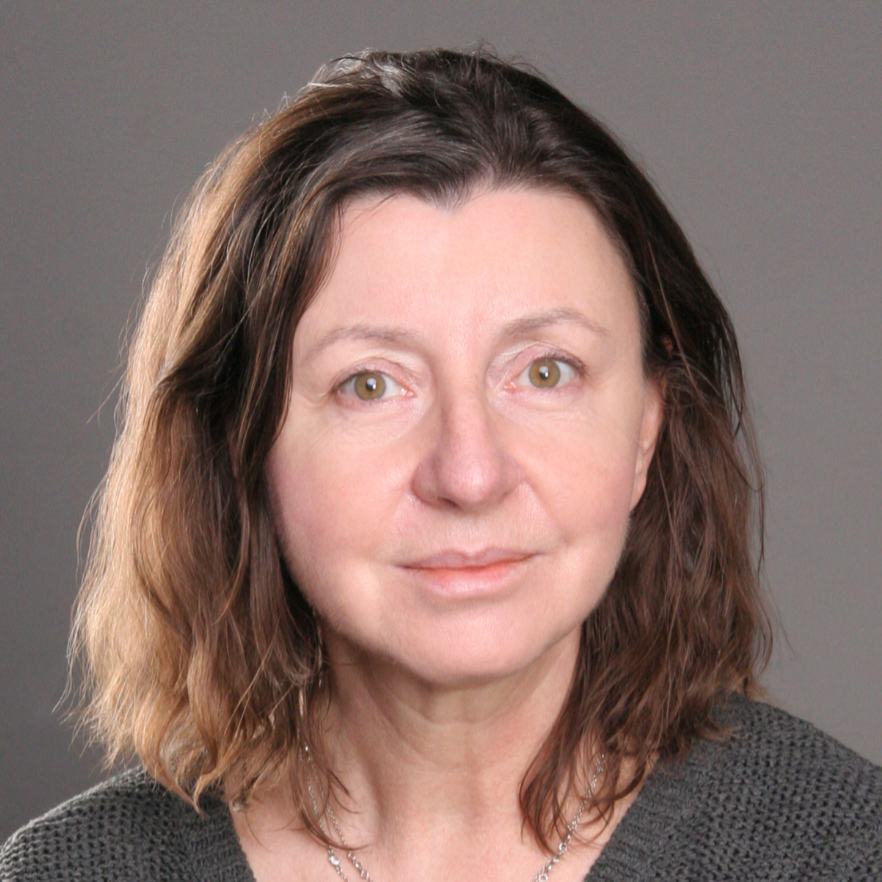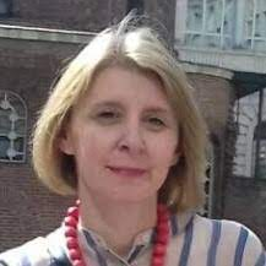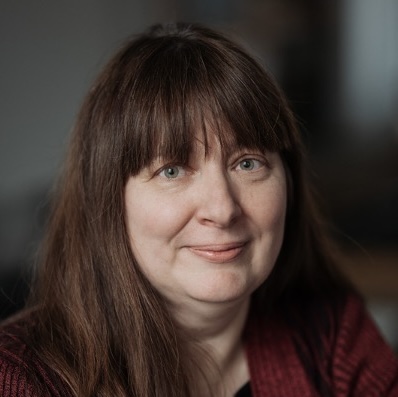Organizers: prof. Szczyszek Michał
email: szczysze@amu.edu.pl
Modernity presents societies with the spectre of permanent crises – despite the development of science and technology, new media, the use of language in AI models. We are living in crises, e.g.: climate, epidemic, war, demographic, digital-intelligence, humanitarian, health. Bauman’s “liquid postmodernity”, in which man is lost through a plethora of information, may also be a crisis. Made visible in the title of the project The Crises We Live By. In Central Europe, in a Younger Europe relations to the publications: “Metaphors We Live By” (by: G. Lakoff, J. Mark), “The Younger Europe” (by: J. Kłoczowski), “The Geography of Thought” (by: R. E. Nisbett) – signal an analysis of CRISIS first through language, then – literature, film and other arts. We therefore want to describe and study the crises we live by, using scientific filters, languages and research methodologies typical of linguistics, literary and cultural studies, film studies and the arts sciences. “Metaphors We Live By” opens up a cognitive theoretical and methodological perspective. “The Geography of Thought” shows the differences in perception of reality depending on the geographical location of a culture. This geographical and cultural relationship is narrowed down to the area of Central Europe by “The Younger Europe”. We will be looking for answers to the challenge of CRISIS in and for this space as manifested in the language(s) and culture(s) in the communities and community of younger Europe. For this reason, we are creating invite researchers from Bulgaria, Croatia, Lithuania, so that in Poland we can learn about their perspective on the crises of Younger Europe – Central Europe. Researchers in the course of their lectures will therefore consider the title perspective of the project in terms of:
– Conceptualization, conditions and areas of CRISIS in Central Europe: by viewing the conditions in Lithuania, Bulgaria, Croatia, we have a chance to learn about Poland’s place on the map of crises.
-Symptoms of the CRISIS of the humanities: how the humanities see themselves in times of crisis and in their own crisis.
– Potentially developing a methodological framework for a linguometric tool for predicting crises observable in linguistic data in corpora.

Prof. Dr. Svetlana Stoycheva (Screen Arts Facult; National Academy for Theatre and Film Arts; Bulgaria) graduated with a degree in Bulgarian Philology from Shumen University “Ep. Konstantin Preslavsky” in 1984 and pursued her PhD in Bulgarian Literature at Sofia University “St. Kliment Ohridski” from 1986 to 1990. She defended her dissertation on “The Fairy Tale Creativity of Nikolai Raynov” in 1993. Prof. Stoycheva began her academic career at Sofia University in 1989 as a full-time assistant professor, advancing to associate professor in 1999. From 2000 to 2004 and again from 2009 to 2011, she served as a lecturer in Bulgarian literature and culture at Beijing Foreign Studies University (BFSU), China. In 2011, she was appointed as a professor of Theory and History of Literature at the National Academy of Theatre and Film Arts (NATFA) “Krustyo Sarafov”. Her research primarily focuses on Bulgarian and European modernism, anthropology, and the interplay between various arts and cultures. Prof. Stoycheva has published several influential works, including monographs such as “Nikolai Raynov’s Fairy Tales – Between Magic and Decoration” (1995), “The Fairy Tales in Bulgarian Literature in the 19th Century” (2009), “Literature for Children – Changes in the Legacy” (2014), and “Boyan Magesnika: A Study of the Literary Myth” (2017). Most recently, she co-authored “The Novels of Dimitar Dimov – A Philosophical-Psychological Analysis” (2023). In addition to these monographs, she has authored over 100 academic studies and articles.

Dr. Kristina Štrkalj Despot (Institute for Croatian Language; Department for Croatian Standard Language; Croatian Academy Of Sciences And Arts; Croatia) earned her doctorate in 2007 from the Faculty of Humanities and Social Sciences in Zagreb, Croatia. She works at the Institute for the Croatian Language as a senior research advisor and Research Director. She is the author/co-author of five books (most notably Metaphor and Metonymy in the Digital Age, John Benjamins Publishing Company). She has authored or co-authored around fifty research papers, ten review papers and four online resources. She is a recipient of a Fulbright Foundation scholarship (2011 – 2012), an Open Society Fellowship – Oxford, and three national science awards: the Croatian State Award for Science (2010), the Judita Award from the Croatian Writers’ Society (2010), and the Ivan Filipović State Award (2014). She has been a visiting researcher at several academic institutions: University of Bologna, Italy (2023); MIT, USA (2019); University of California, Berkeley, USA (2019, 2015, 2011 – 2012); UC Dublin, Ireland (2017); Metaphor Lab, University of Amsterdam, Netherlands (2016); Institute for the German Language, Germany (2015); University of Oxford, UK (2009); University of Ljubljana, Slovenia (2001 – 2002). Her published books and papers focus on three main research areas: cognitive linguistics with an emphasis on figurative language; national philology, particularly the publication of critical editions and linguistic analyses of texts from the medieval period to modern times; and language resources and technologies, especially e-lexicography.

Sr. Goranka Blagus Bartolec (Institute for Croatian Language; Department for Croatian Standard Language; Croatian Academy Of Sciences And Arts; Croatia) works as a scientific advisor at Institute for the Croatian Language at the Department for the Croatian Standard Language. Her scientific interest is focused on contemporary lexicology and (e-)lexicography, pragmalinguistics, and language in public communication. She earned her doctorate in 2008 on the topic of multiword phrases in Croatian at the Faculty of Humanities and Social Sciences University of Zagreb. She provided the first systematic classification of multiword expressions (collocations, idioms, proverbs, multiword terms, grammatical phrases, pragmemes, free combinations, and multiword names/onyms) in Croatian. She is the author of the book Riječi i njihovi susjedi /Words and Their Neighbors/ (2014), co-author of 5 books on the topic of Croatian dictionaries and ortography, and the author/co-author around forty research papers on MWEs, comparative studies, grammatical topics, and language in public communication. She recived the Ivan Filipović State Award (2013), and the City of Zagreb Award (2012). She was an invited speaker at several invited lectures (2018 European Commission Directorate for Translation in Luxembourg; 2019 Representation of the European Commission in Zagreb, 2019 Croaticum’s round table at the Faculty of Humanities and Social Sciences Zagreb, 2019 Professional meeting for educators and teachers for members of the Croatian national minority and Croats in Bosnia and Herzegovina in Pula, 2022 Language Research Center of the Faculty of Humanities and Social Sciences in Osijek, 2023 Adam Mickiewicz University in Poznan), and, currently, she is the leader of 2 projects: the competitive project of the Croatian Science Foundation MWE-CRO: Multiword Expressions in Croatian – Lexicological, Computational Linguistic and Glottodidactic Approach and the NextGenerationEU project VIBA: Database of MWEs in Croatian.

Prof. assoc. dr.Vilma Zubaitienė (Faculty of Philology; Institute of Applied Linguistics; Vilnius University; Lithuania) graduated from Vilnius University in 2000 (BA in Lithuanian Philology in 1998, MA in Lithuanian Linguistics in 2000). In prof. assoc. dr.Vilma Zubaitienė 2007 defended her dissertation in the field of Diachronic Lexicography – Dictionaries of Pilypas Ruigys. Since 2014 she has been an Associate Professor at the Department of Lithuanian Language, and in 2019 she was awarded the pedagogical title of Associate Professor. 2018-2023 she was the Head of the Lithuanian Language Department at the Institute of Applied Linguistics, Faculty of Philology. 2021-2023 she was the Chair of the Programme Committee of the Master’s Degree in Linguistics. Since 2023 she is the Director of the Institute of Applied Linguistics. From 1998 to 1999 she was an Assistant in the Department of Language Culture at the Lithuanian Language Institute. During the period from 1999 to 2007, she held the positions of Senior Consultant and Senior Specialist at the State Commission of the Lithuanian Language, and since 2017 she has been a Member of the State Comission of the Lithuanian Language (elected for a second term in 2022, delegated by Vilnius University). From July 2022, she became a Member of the Senate of Vilnius University (delegated by the Faculty of Philology). From May 2023, she became the Chair of the Board of the Lithuanian Language Society. She is currently an associate professor at the Department of Lithuanian Language. In addition, she is currently supervising two PhD students. Since 2018 she held internships at the Herzog August Library (Wolfenbüttel, 2005), the Francke Foundations (Halle, 2009), and taught at the Universities of Warsaw (2017), Eötvös Loránd (2017), Latvia (2018), Frankfurt-am-Main (2019, 2023) and Helsinki (2021, 2024).

prof. assoc. dr. Marius Smetona (Faculty of Philology; Institute of Applied Linguistics; Vilnius University; Lithuania) is associate professor in the Institute of Applied Linguistics, Faculty of Philology, Vilnius University. His doctoral thesis entitled: Euphemisms in the Lithuanian Language: Expression and Motivation (2015). Marius Smetona is the co-author of three monographs: Values of the Lithuanian worldview (2017), Language. Nation. State. (2019), Earth. Mother. Bread. (2021). He is the co-author of a cultural linguistics textbook and a textbook for school, he has published more than 20 scientific articles, participates in scientific projects, gives presentations at scientific conferences and lectures to the public. His research interests include ethnolinguistics, cultural linguistics, rhetoric, Baltic mythology, folk culture, genealogy, ancient writings.
© 2023 All Rights Reserved